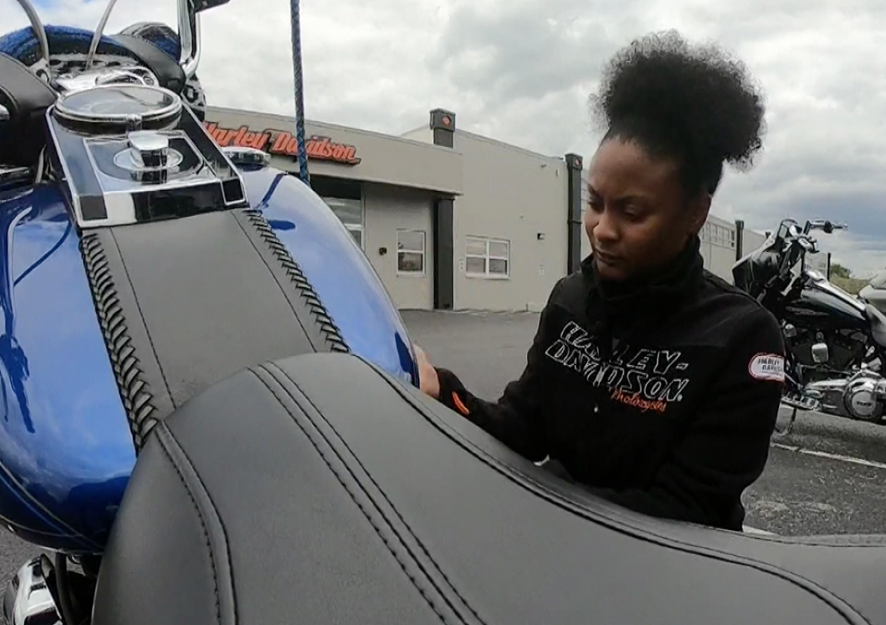Electric motorcycle brand Horwin to test niobium-rich batteries
As the market for electric motorcycles continues to evolve, manufacturers and startups are looking for ways to increase competition. From interchangeable battery arrays to solid-state batteries, engineers and designers are discovering that there are multiple paths to electric vehicle supremacy. For German electric motorcycle and scooter brand Horwin, the answer lies in denser batteries that recharge in a fraction of the time.
To achieve these goals, Horwin is partnering with Brazilian niobium specialist CBMM to develop niobium-enriched lithium-ion batteries. Sourced primarily from Brazil, niobium is frequently used to strengthen alloys thanks to its titanium-rivaling Mohs hardness and iron-like ductility. Under the Horwin deal, CBMM and Toshiba will develop fast-charging lithium-ion batteries using niobium-titanium oxide (NTO).
Compared to Toshiba’s current lithium titanium oxide (LTO) anodes, the NTO units will offer three times the energy capacity and reduce recharge intervals to 10 minutes. Once available, Horwin will test the NTO batteries in a prototype similar to its CR6 production model. The current CR6 houses a 6.2 kW (8.3 horsepower) motor and reaches up to 93 miles on a single charge. The company expects the NTO power units to significantly increase this figure.
“With the expertise and pioneering spirit of CBMM, added to our team highly qualified in the development of new solutions, it is expected that the motorcycle with a niobium battery will be available on the Brazilian market as early as 2024”, explained Pricilla Favero, CEO of Horwin Brazil. “We are working so that soon everyone will be able to use an electric motorcycle with ultra-fast charging. In addition to this charging differential, niobium batteries bring advantages in terms of safety and autonomy, since they allow up to to 20,000 charges in a relatively wide range, which alone is the biggest advancement in recent times.
This, however, is not the only joint venture that CBMM has undertaken. In February 2022, the Brazilian company signed a deal with resurgent electric motorcycle brand Lightning. While CBMM is still developing niobium-rich batteries for Lightning, the team aims to develop a lightweight and highly efficient battery for high performance applications. For Horwin’s purposes, CBMM will focus more on reliability and range than performance metrics.
“Being a very stable element, it enables safer and more efficient operations,” revealed Rogério Marques Ribas, CBMM’s battery program manager. “In addition, thanks to its more open crystalline structure, which facilitates the intercalation of lithium, it allows a complete recharge in less than ten minutes, without damaging the battery.”
